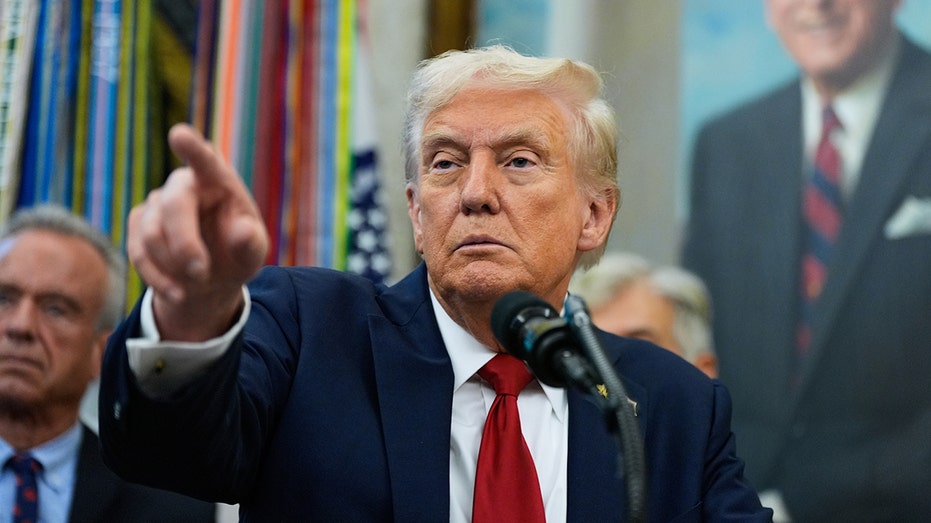A tentative path to ending the government shutdown emerged as a key conservative voice signaled potential support for the Senate’s bipartisan agreement. House Freedom Caucus Chairman Andy Harris, representing Maryland, indicated he was leaning towards backing the legislation, though a final review remained underway.
Harris stated he would “probably be a ‘yes’ vote” based on the current format, but a significant caveat threatened his support. Senator Rand Paul’s push to remove a provision targeting intoxicating hemp products could derail the deal.
The core of Harris’s concern lies with a loophole in the 2018 Farm Bill. This loophole allows the sale of hemp-derived products containing intoxicating THC levels, even reaching children in some states. Closing this loophole is non-negotiable for his support.
The Senate broke its weeks-long impasse Sunday night, overcoming a filibuster with support from eight Democrats and nearly all Republicans. Senator Paul stood as the sole Republican holdout, focusing his opposition on the hemp provision.
All eyes are now on Paul, as his potential to prolong the process looms large. However, Harris believes the overall package “looks pretty favorable,” suggesting similar sentiment within the broader conservative House GOP caucus.
Beyond the hemp issue, Harris noted members were generally pleased with the agreement, particularly the reversal of recent federal layoffs. The package aims to provide breathing room for longer-term spending negotiations.
The deal extends current fiscal year 2025 funding levels through January 30th, allowing time to finalize FY 2026 spending. It also advances funding for critical departments like Agriculture, Veterans Affairs, and the legislative branch, packaged as a “minibus” bill.
A significant win for Democrats is the restoration of federal jobs lost during October’s Trump administration layoffs, with affected workers receiving back pay. This reversal was a key priority in the negotiations.
Democrats also secured a Senate vote on extending enhanced Affordable Care Act (ACA) subsidies, set to expire at year’s end. These subsidies, initially boosted during the COVID-19 pandemic, were a central demand during the standoff.
However, this guarantee doesn’t extend to the House, where Speaker Mike Johnson has firmly refused to promise a vote on the ACA subsidies. This concession represents a strategic retreat by Democrats to secure an end to the shutdown.
Harris expressed skepticism that an extension of the ACA subsidies could pass either chamber of Congress. He believes a “clean, straight-up extension” faces insurmountable opposition.
The fate of the government shutdown now hinges on a delicate balance – a conservative chairman’s conditional support, a senator’s focused objection, and a compromise that leaves both sides with partial victories and lingering concerns.






